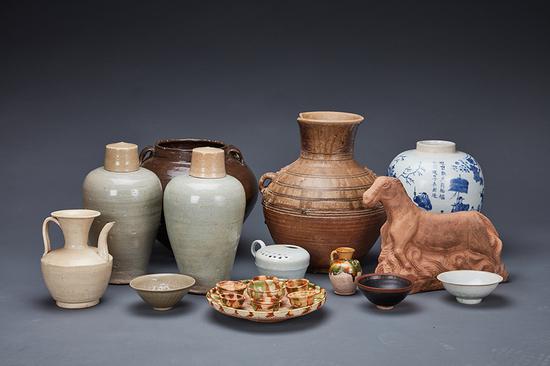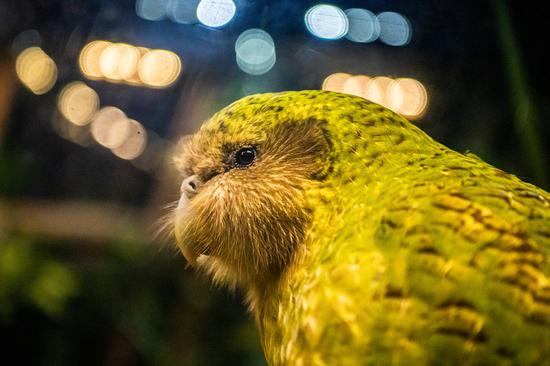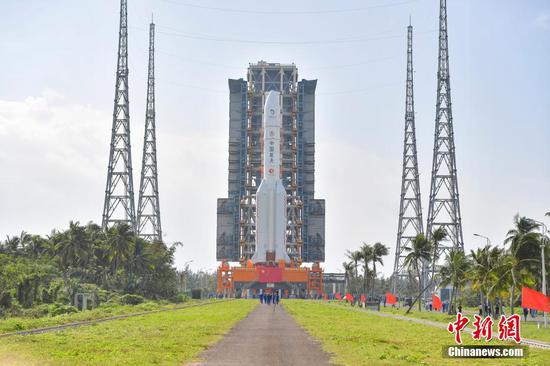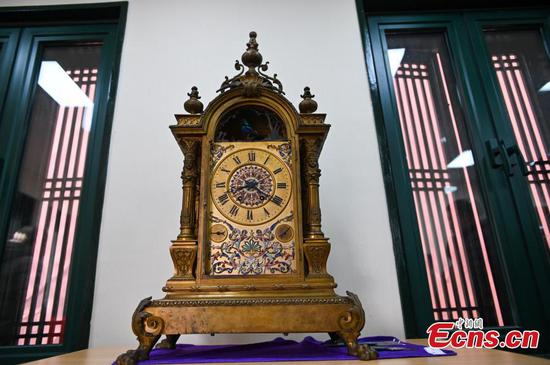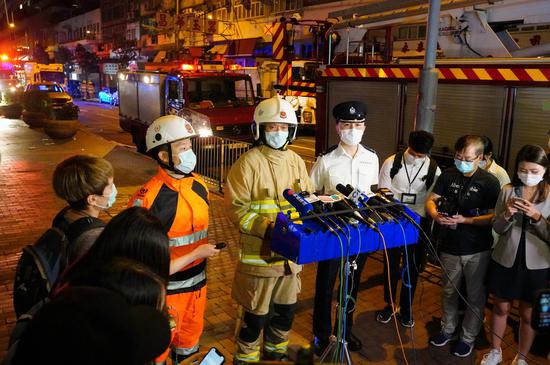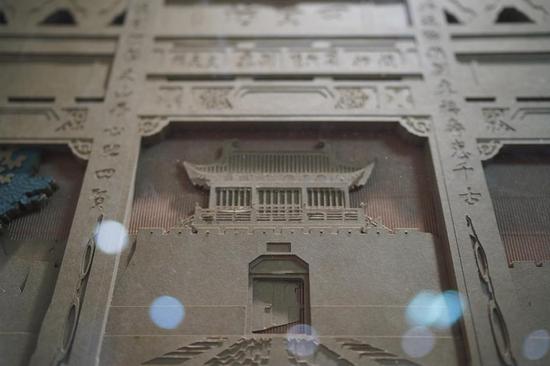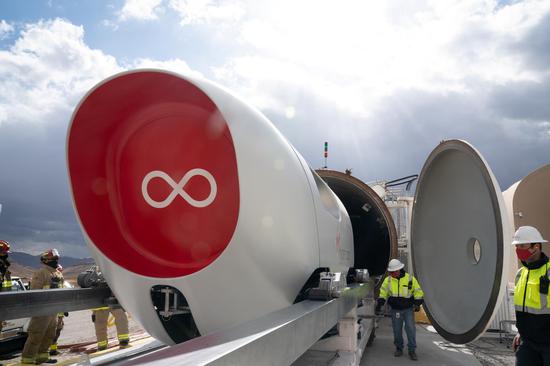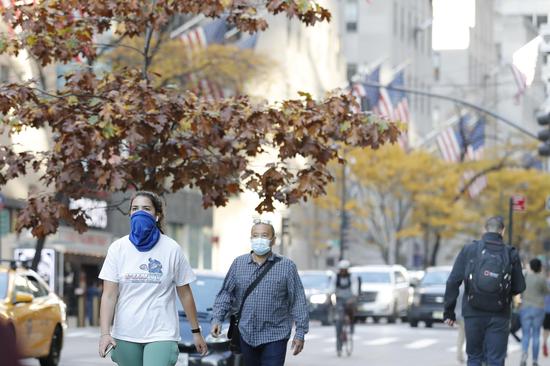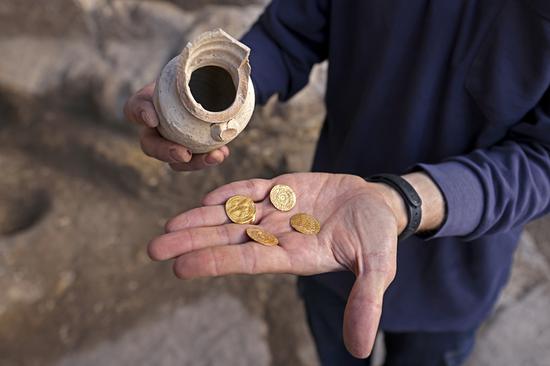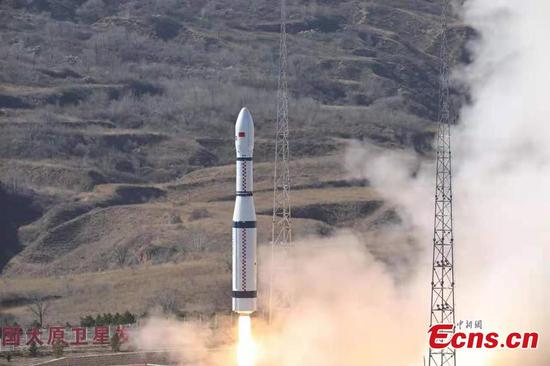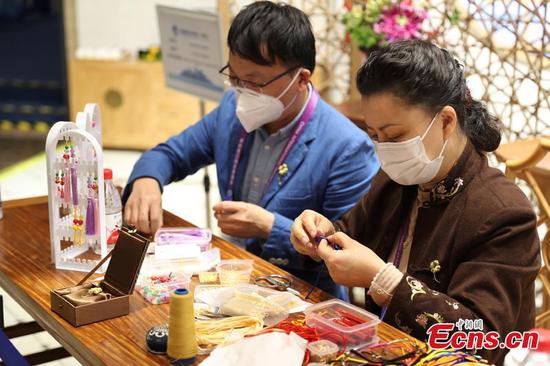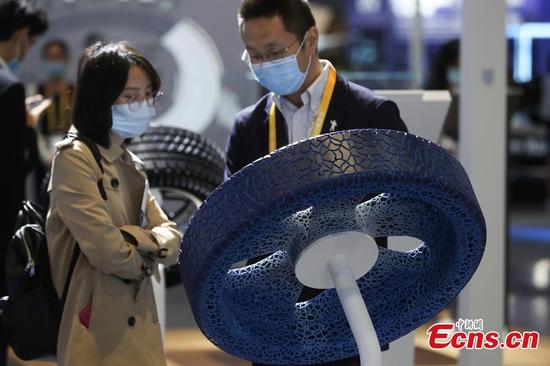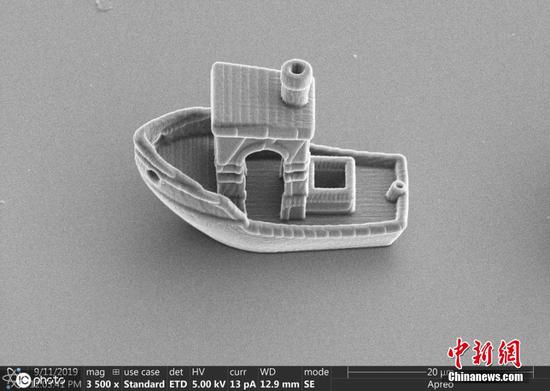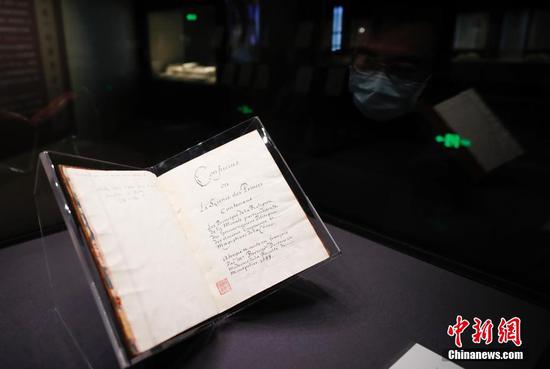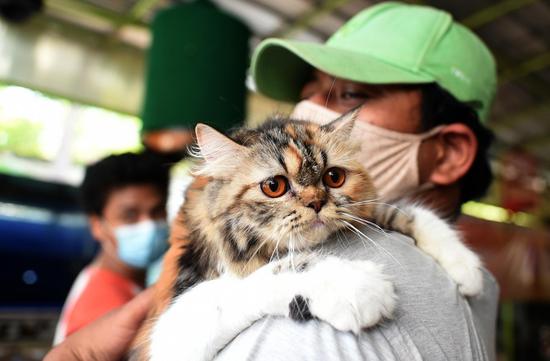Blood centers across the country should receive COVID-19 convalescent plasma donors in a separate space and COVID-19 survivors are not allowed to donate blood for six months after their recovery, according to a guideline recently released by health authorities including the National Health Commission.
The guideline on COVID-19 prevention and control at blood centers aims to ensure the safety of donors and staff workers as well as a safe blood supply in autumn and winter.
It says workers at the blood centers should take and record the temperature of every donor. For donors whose body temperature reaches or is above 37.3 C, the workers should tell the donors to postpone the blood donation and remind the donors to visit designated fever clinics immediately.
The guideline requires blood centers to ask donors to complete a questionnaire about health conditions linked to the coronavirus, in addition to the regular health questionnaire.
Donors are also advised to defer the blood donation if they have fever or respiratory symptoms, had contact with or have epidemiological history related to someone with a COVID-19 infection, recently lived overseas or in high-risk areas, or received a flu or COVID-19 vaccination. The donation should be postponed for at least 28 days after the relevant situation is addressed.
According to the guideline, donors should timely report to blood centers if they have coronavirus infection symptoms after the donation to ensure the safety of the blood supply. Blood centers should have a separate division responsible for receiving, recording and handling the reports from donors.









